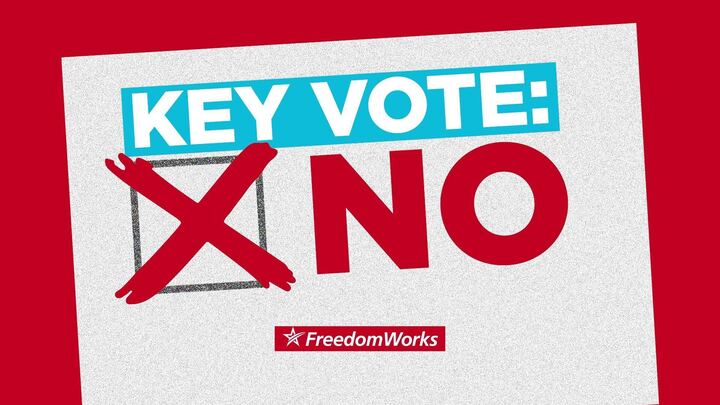Why is the Federal Government Trying to Define Journalism?
Earlier this summer, Senator Durbin made news when he introduced the Free Flow of Information Act or ‘Shield Law’. The bill’s intention is to protect journalists from disclosing their confidential sources. A lesser known fact is that Senator Graham was a co-sponsor of this bill. Although it’s a sad indicator that legislation like this is even being discusssed, the original bill appeared on the surface to be a legitimate attempt to provide protection for a journalist’s sources. Or at least it was, until Senator Feinstein’s sticky little amendment.
Feinstein’s amendment seeks to define who is and is not a journalist. The Electronic Frontier Foundation explains:
Specifically, the amendment requires that a journalist meet one of the following definitions:
- working as a “salaried employee, independent contractor, or agent of an entity that disseminates news or information;”
- either (a) meeting the prior definition “for any continuous three-month period within the two years prior to the relevant date” or (b) having “substantially contributed, as an author, editor, photographer, or producer, to a significant number of articles, stories, programs, or publications by an entity . . . within two years prior to the relevant date;” or
- working as a student journalist “participating in a journalistic publication at an institution of higher education.” (emphases added)
The language itself leaves room for debate, as does the obvious exclusions of new media types like myself, but the more salient issue is whether or not our legislature should be defining who is or is not a journalist. The question is one that has stirred up large blogs on both sides of the political aisle who fear under these unnecessary definitions, they may not receive protections if they do not qualify as legitimate journalists.
Durbin clarified slightly saying:
The world has changed. We’re very careful in this bill to distinguish journalists from those who shouldn’t be protected, WikiLeaks and all those, and we’ve ensured that. But there are people who write and do real journalism, in different ways than we’re used to. They should not be excluded from this bill.
Props to the Senator for recognizing that media is evolving with technology, but the issue remains, why is the federal government trying to define who is and is not a journalist? Not to mention “real journalism.” Does real journalism mean only the news and stories that the main stream media wants to cover? Who decides what is worthy of such distinction?
Hugo Black (a Democrat) is famously quoted as saying, “the Founding Fathers gave the free press the protection it must have to bare the secrets of government and inform the people.” Of course this is at odds with the Durbin school of thought that suggests there are those that should not be protected.
On a larger scale, the quest to define journalism is unfortunately congruent with the modern leftist notion that believes progressivism alone bears the authoritity to dictate what is and is not “legitimate” in any sphere. The free press is precisely that — free. Durbin’s observation that we now receive journalism in new, innovative ways is accurate, but does not excuse a federal reach into the free press. Looking long term and assuming statism continues to increase its strangehold, it’s not unreasonable to assume that the parsing of legitimate and illegitimate journalists will ultimately lead to state sanctioned persecution of “illegitimate journalists” to a greater extent than we’re already witnessing.
This is the third time the Shield Law has been introduced, let’s hope it defies idiomatic convention and loses its charm.



